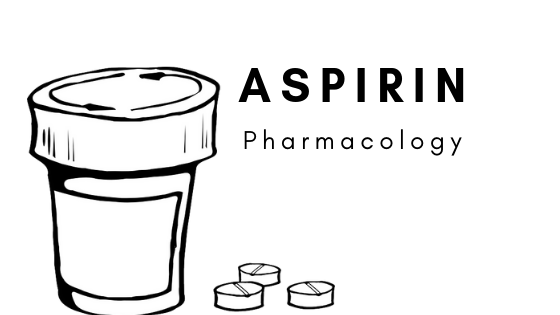Podcast: Play in new window | Download (Duration: 10:56 — 15.5MB) | Embed
Metoprolol is a beta-blocker commonly used in the management of hypertension, heart failure, and atrial fibrillation.
There is an extended release dosage form and immediate release dosage form with metoprolol. The advantage of the extended release product is that it doesn’t require as frequent dosing.
Metoprolol is selective for beta-1 receptors. It is less likely to interact with asthma medications.
CYP2D6 plays an important role in breaking down metoprolol. Alterations in this enzyme’s activity can alter concentrations of the drug.
Be sure to check out our free Top 200 study guide – a 31 page PDF that is yours for FREE!










